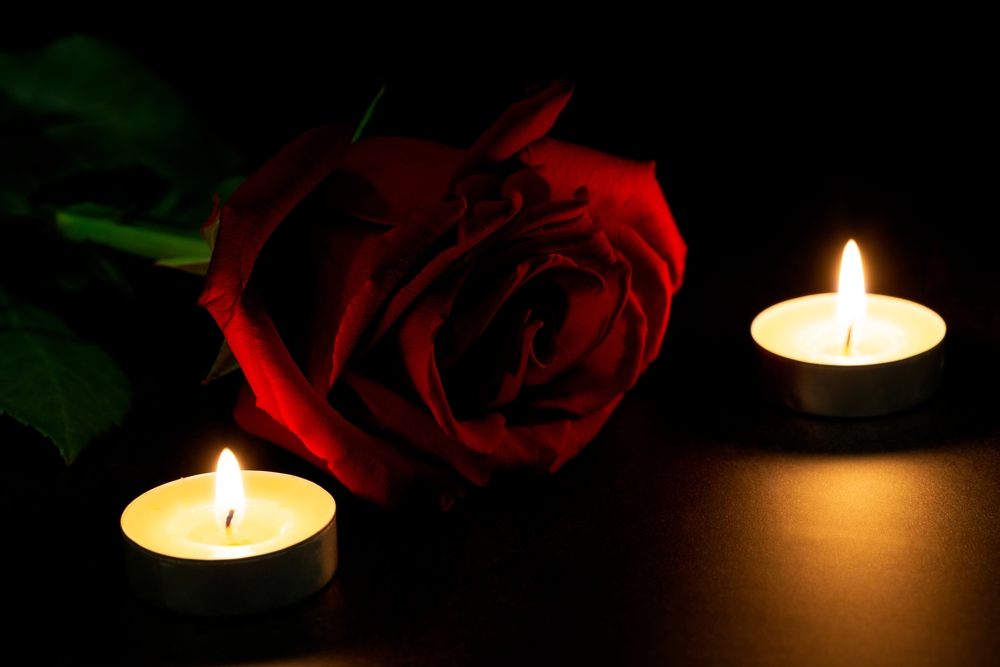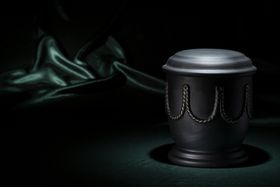Is Separating Cremated Ashes Against Your Religion and Should You Do It?
Published July 26, 2022

There are many different reasons that individuals may choose to separate the cremated ashes of a loved one, and there are many different ways to do so. But is it wrong to separate cremated ashes, and how do you know if it's right for you? Read on to find the answers.
What Religions Say About Separating Cremated Ashes
Every religion has its own beliefs when it comes to cremations and the handling of the ashes thereafter. How the religion feels about cremation as a process often directly links to their feelings towards whether or not the ashes can be separated or scattered. Let's dive deeper into a few major religions and find out how they feel.
- Catechism, Jewish, and Muslim These three religions are strongly against cremation as they deem it disrespectful towards the human body and thus have no perspective on separating ashes.
- Hinduism, Buddhism, and other Eastern religions These religions strongly encourage cremation and have no further stipulations for how the ashes should be stored or scattered.
- Christianity Mostly silent on the matter.
In basic terms, if the religion is positive towards cremation, then they would deem dividing the ashes amongst several urns just as acceptable as storing them in one urn or scattering them in a special location—and there are also other interesting religious takes on cremation and burials.
Why Do People Separate Cremated Ashes?
When it comes to dividing ashes, the wish of the deceased loved one should be a top priority. If not stipulated in their will or discussed prior to their death, then the family may decide how to handle the ashes—one particular decision could be to separate them.
One of the main reasons for dividing ashes after the cremation is that the family that receives them can't agree on what will happen to them. Will they be buried, scattered, or kept in an urn? This is often the case when the deceased had particular wishes for the handling of their ashes, and the family has other ideas in mind to memorialize them in their own way.
Another reason for dividing the ashes would be that multiple people in a family want to keep a portion of the remains for themselves. This is especially true for larger families or family members living in different parts of the country or world. A person may want to keep ashes with them or have them nearby, or even place them in a piece of jewelry to always have on them. In this case, the ashes can be separated into a couple of keepsake urns to please everyone.
How to Separate Ashes After Cremation
If you have chosen to separate your loved one's ashes, then there are easy steps to follow to make sure that you transfer cremation ashes to an urn correctly and carefully. The cremated remains will be given to you by the crematorium in a plastic bag which is usually within a plastic or cardboard box, also known as a "temporary urn". From here, you can either ask the funeral director to separate the ashes for you, or you can opt for the do it yourself method.
Once the ashes are separated, there are many creative cremation ashes ideas to honor your loved ones.
Can Ashes Be Mixed?
Some family members wish to never part from their loved one, be it a sibling, partner, parent, friend, or even pet. Although life has ended, their final wish is to remain together forever—and this is very much possible due to companion urns.
Companion urns are cremation urns that are large enough to hold more than one person's cremains. They are alternatively named "duo urns" or "couples urns" and are structured to hold the cremated ashes of two beings in one of two ways:
- Simple For this method, the two beings' remains are placed inside the companion urn while still in their own respective bags. If the companion urn is biodegradable, then the two individual bags need also to be biodegradable.
- Commingled Commingling refers to the method of mixing two people's ashes. Both ashes from the two individuals will be mixed together and then permanently stored in the companion urn.
Whether you choose to separate or combine the cremated ashes of your loved ones, always be sure that it aligns with their wishes and that you understand the implications of doing so.





